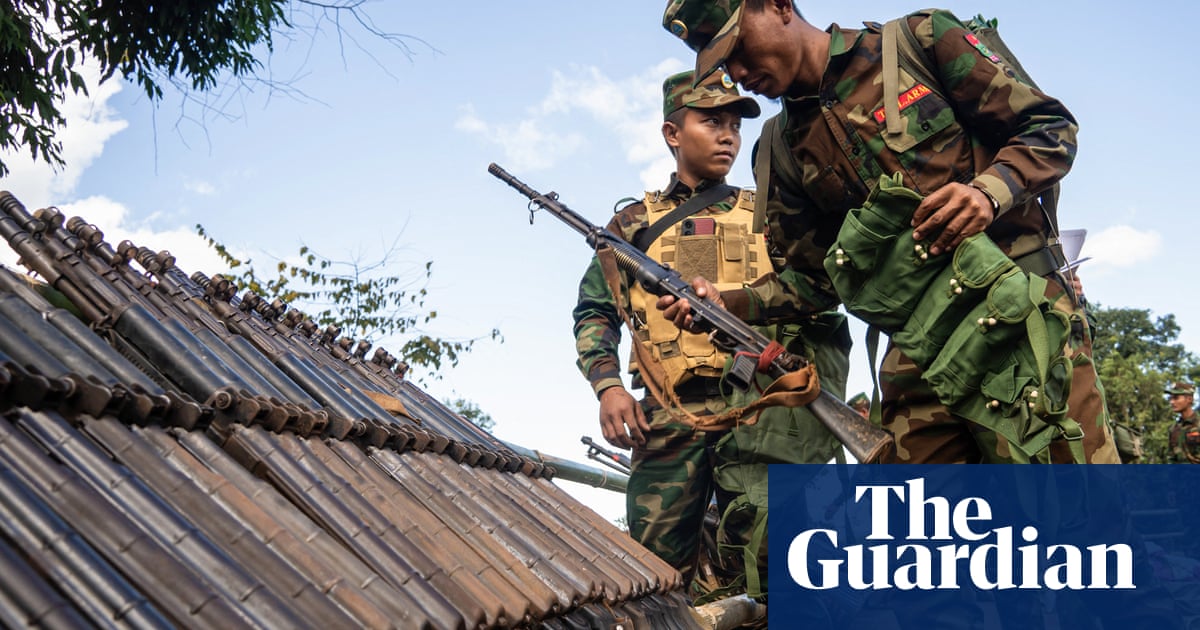Myanmar overtook Syria last year to become the country with the highest number of people killed or injured by landmines and explosive remnants of war, a report has found.
Research released by the International Campaign to Ban Landmines warned of extensive use of landmines across Myanmar following conflict that erupted after the 2021 military coup, with casualties recorded in every state and region except for Naypyidaw, the country’s heavily fortified capital and centre of military power.
Myanmar suffered more casualties last year than Syria, which had ranked worst in the world for the past three years. Ukraine and Afghanistan accounted for the third and fourth highest number of casualties globally.
Landmine use has significantly increased in Myanmar as conflict has spread across the country after the military’s seizure of power in February 2021. After the coup, many civilians took up arms and formed people’s defence forces to fight for the return of democracy and an end to military violence. Older, ethnic armed groups that have long sought greater autonomy have also fought against the junta, sometimes in coordination with newer groups.
The report, Landmine Monitor 2024, said landmines were used by both the military junta and armed groups that are fighting against it.
It cited several incidents where military landmines reportedly caused civilian casualties, including among children, and said there is evidence the military continues to use civilians as “guides” to walk ahead of its soldiers in mine-affected areas, effectively using them as human shields. The research also referenced reports the military has threatened farmers that they must pay for antipersonnel mines detonated by their livestock. In one case, soldiers demanded the owner of a cow injured by antipersonnel mines pay 1.5 million kyats ($714.97).
The report also reviewed cases where people’s defence forces and ethnic armed groups have allegedly used landmines, injuring and killing civilians. Increasingly, explosive devices were being left in military-controlled urban areas, often disguised in black plastic bags, said Dr Yeshua Moser-Puangsuwan, a researcher for the report.
“They are picked up by either garbage collectors or people salvaging through trash to try and find something to resell,” he said. Such explosives were not planted at military targets, but at civilian sites, apparently to target individuals working at agencies that, after the coup, have fallen under the control of the junta.
Neither Myanmar’s military junta nor the exiled opposition National Unity Government responded to requests for comment.
In total, Landmine Monitor found that there were 1,003 casualties in Myanmar last year, though a lack of formal surveillance nationwide means this could be a significant underestimate. “Could it be more double that? Yes. Could it be triple that? Quite possibly,” said Moser-Puangsuwan.
Syria had the second highest number of people killed or injured by landmines and explosive remnants of war last year (933), followed by Afghanistan and Ukraine, which both had more than 500 recorded casualties in 2023.
Globally, civilians made up 84% (4,335) of all recorded casualties where the military or civilian status was known. Children accounted for 37% (1,498) of civilian casualties where the age group was recorded.












